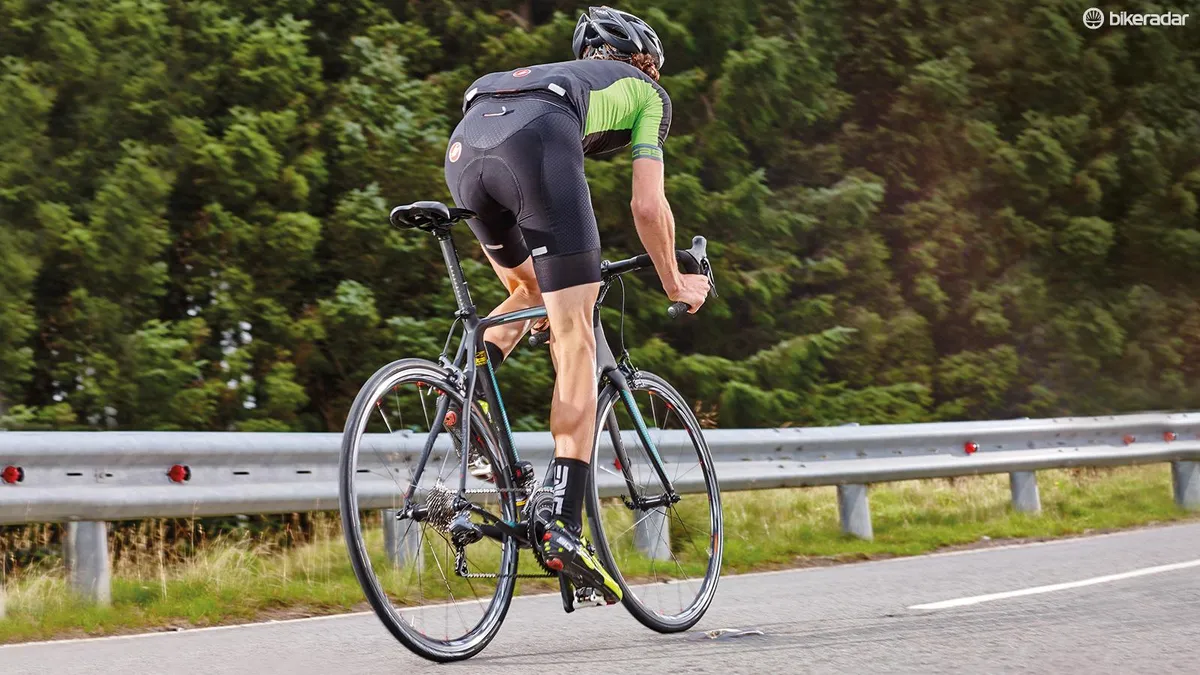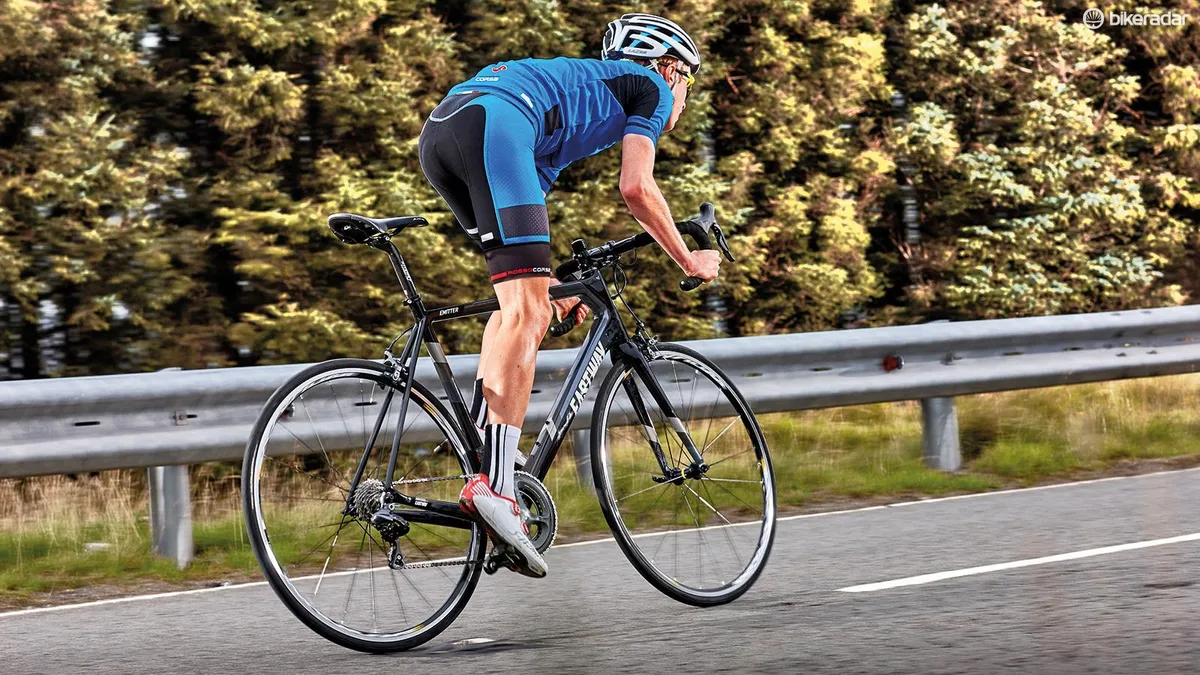There are many different reasons why people ride, so everyone's training goals and methods should be tailored to their individual needs. Since most of us aren't lucky enough to have a personal trainer, this responsibility is ours alone.
- UK readers: can you help us get more people on bikes? Whether you’re a keen cyclist or a complete beginner, we’d love you to get involved in our Get Britain Riding campaign, in association with B’Twin. Click here to sign up!
As a result, we have to be very self aware in our training and riding, regulating the intensity, frequency and type — which is why it's so easy to get it wrong. Can you identify with any of the following types of rider?
1. Too infrequent
Are you one of those cyclists who makes the mistake of sporadic, directionless training, having extensively long lay-offs between outings? Although training like this won't necessarily damage you, you won't be winning any races or beating your mates to the cafe with such irregular trips.
What will hamper your improvement, however, will be the constant de-training effects that occur. Try to work out exactly why you train in such a way. It may be due to work or family commitments eating into your time, or just plain laziness.
Tip: Consider more low-level training (walking and easy swimming) during your cycling lay-offs. This way you'll maintain a base fitness level and will make the comeback easier and more enjoyable.
2. Too keen
There are many cyclists out there who think that the harder they train the faster they will become. To some extent this is true, but for the majority of us, this will only end up resulting in blow out.
Yes, you will improve by training harder, but only if you are smart about your approach. Consider the 10 percent rule: never increase your weekly mileage or average weekly intensity by more than 10 percent at a time.
Tip: Try to ensure that for every two to three weeks of hard training, you take a week off to relax and enjoy a leisurely meander through the lanes.
3. Too fast
There is a time and a place for fast sessions, but are you one of those who can't resist the temptation of going too fast, when you should be taking it easy?
This is a sure-fire way to burn out quickly and to prevent yourself from reaping the benefits of those tougher rides.
For beginners, try to make sure you incorporate at least two short, easy rides into your outings. Not only will they allow for sufficient recovery between the higher-intensity workouts, they will also assist in the improvement of your aerobic fitness.

Tip: We live in a fast world, where everything has to be done yesterday. When out on your bike, take the opportunity to slow it all down. Not only will you feel refreshed afterwards, you'll actually be improving your fitness.
4. Too late
We've all been there... get back from work, bite to eat, let the food go down and then out for a hour. Realistically, things crop up, legs give way and we find ourselves on the sofa. The solution is to become a morning cyclist.
Of course, the toughest thing is getting up earlier, but some careful planning the night before could mean you get out with no traffic about, clear lanes and the satisfaction of starting the day having done your session.
Tip: Make sure your bike and gear are ready the night before. Know exactly what you want to do and make sure your morning session has a clear purpose. Have a light breakfast and drink before you head out. Then feel satisfied in the knowledge that you've done an hour's cycling while everyone else is just surfacing.
If you eat sensibly and exercise regularly the weight will take care of itself
5. Too light
We all have a fascination with our weight. Whether it's losing grams from a saddle by buying one with a new cut-out section or shedding pounds in order to get the power to weight ratio higher, cycling and weight obsession are inextricably linked.
A mistake to make, however, is the belief that the lighter you become the better cyclist you end up. It's important to recognise that food is not an enemy, rather your friend, and provides the important nutrients to help growth and power your cycling.
Tip: Don't obsess about your weight. Do maintain a healthy diet, but try not to make losing weight your sole motivation for cycling. If you eat sensibly and exercise regularly the weight will take care of itself.
6. Too far
Cycling too many miles a week often leads to staleness, over training and overuse injuries. Increasing mileage will get you in good shape, if done progressively, but the secret to tolerating high mileage is to introduce the increase gradually.
Think gradual adaptation by applying the 10 percent rule mentioned earlier where, if you're doing 50 miles one week, you should ensure you don't add more that five miles the next.
If you do want to up the amount of exercise you do per week, but fear that your body would not be able to handle the extra time spent on the bike, then try some varied cross-training, such as walking, running, swimming or strength-training. This will improve your overall fitness considerably, but it's important to follow the same principle of not doing too much too soon.
Tip: Increasing the mileage means accumulation of stress, so as the weekly amount goes up it is important to balance that stress with plenty of rest. Over time, you will be able to cope with the higher mileage and will also notice the positive effects of your training.
Updated 28 August 2017

